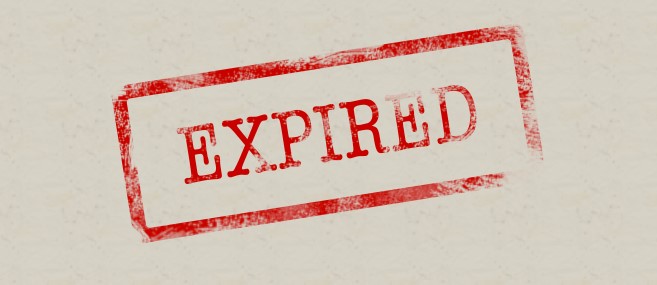
Section 46 WESA deals with the lapsed gifts in wills often caused by poor will drafting , failure by the parties to properly consider what the future may bring , or the beneficiary predeceasing, any of which results in disappointed beneficiaries not receiving the intended gift.
Instead of wording the will’s bequest of “any real property that I own at the time of my death” , many will- drafters instead incorrectly state a particular address of a particular property, owned at the time of the will making, but long sold before death.
The gift of real property in that situation has lapsed simply because it ceased to exist.
Almost by definition, a lapsed gift results when a substantial change in circumstances occurs between the execution of the will and death, so that the gift has either failed or ceased to exist.
The lapsed gift often results from both poor drafting together with the simple fact that many people do not realistically ponder their aging and succession and just resort to avoidance.
Very often the beneficiary predeceases the will- maker at which time the “anti-lapse rule of S 46 of WESA (Wills, Estates and Succession Act) ” establishes a default scheme for determining alternative beneficiaries of a lapsed gift.
The Default Scheme of Section 46 WESA (Replacing and altering the previous S. 29 Wills Act)
Section 46 applies to all gifts of any nature, whether specific in nature or residual but only if there is no contrary intention stated in the will.
If the will- maker has named an alternate beneficiary for a gift that has lapsed, then in that event the alternate beneficiary has the first priority to inherit the gift, no mater what the reason for the failure of the gift.
If there was no alternative beneficiary of the gift , and the named beneficiary is either a sibling, or as descendant of the will- maker, then the named beneficiary’s descendants will be entitled to the failed gift.
If there was no descendant of the will- maker , then the gift will go to the residual beneficiaries in proportion to their named interests in the will.
When gifts cannot take effect
46 (I) If a gift in a will cannot take effect for any reason, including because a beneficiary dies before the will-maker, the property that is the subject of the gift must, subject to a contrary intention appearing in the will, be distributed according to the following priorities:
(a) to the alternative beneficiary of the gift, if any, named or described by the will-maker, whether the gift fails for a reason specifically contemplated by the will-maker or for any other reason;
(b) if the beneficiary was the brother, sister or a descendant of the will-maker, to their descendants, determined at the date of the will-maker’s death, in accordance with section 42(4) [meaning of particular words in a will];
(c) to the surviving residuary beneficiaries, if any, named in the will, in proportion to their interests.
(2) If a gift cannot take effect because a beneficiary dies before the will-maker, subsection (I) applies whether the beneficiary’s death occurs before or after the will is made




